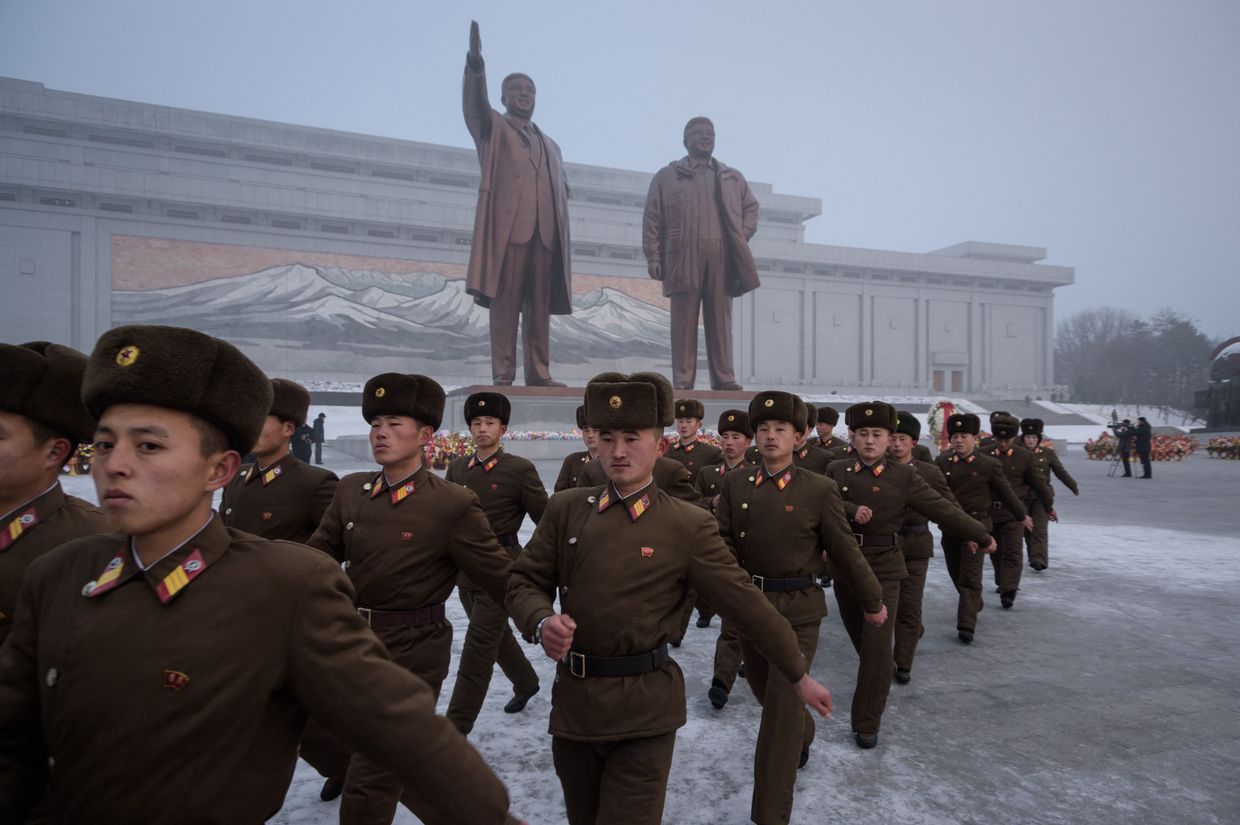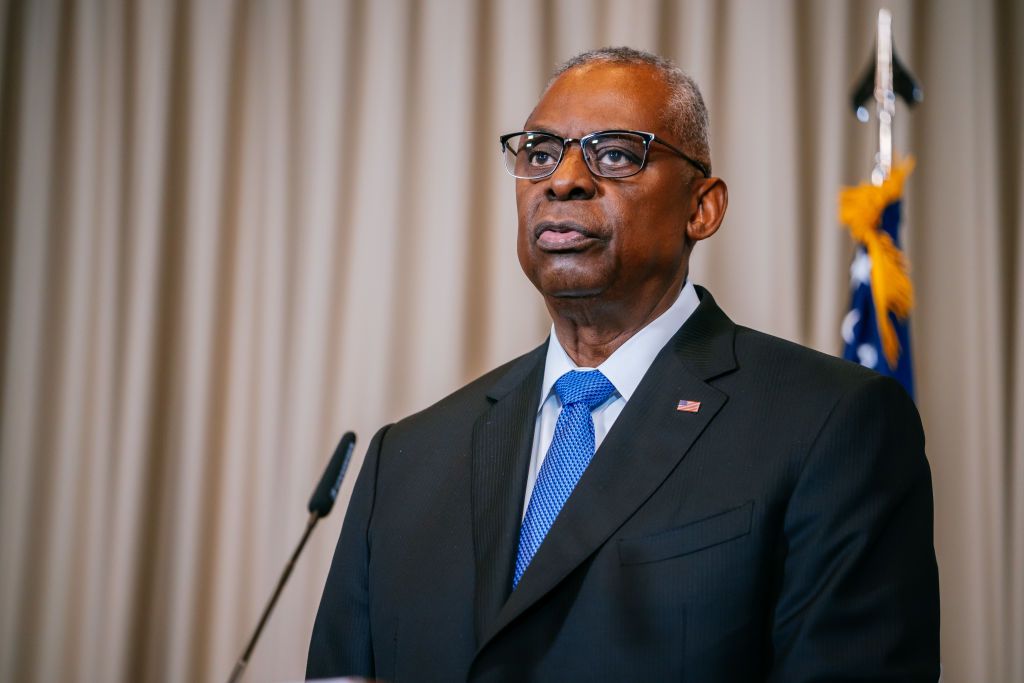Editor's note: The article was changed to correctly reflect U.S. Defense Secretary Lloyd Austin's statement that North Korea has suffered 1,000 casualties overall rather than 1,000 fatalities.
Russia has endured over 700,000 casualties since launching its full-scale invasion of Ukraine in 2022—more than in all of Moscow’s conflicts since World War II combined, U.S. Defense Secretary Lloyd Austin said on Jan. 9.
The toll, which surpasses two-thirds of the Russian military's pre-war strength, reflects the severe cost of what Vladimir Putin calls the "special military operation," Austin said at Ramstein Air Base in Germany.
In November 2024 alone, Russia lost nearly 1,500 troops daily, a pace that has stretched its military resources to the breaking point. "Volunteers cannot make up for these stunning losses," Austin added. "The Kremlin has been reduced to scouring Russia’s jails and coercing contract soldiers."
In a desperate bid to sustain its offensive, "Moscow has even rushed troops from North Korea into a war that they don’t belong in," Austin noted, calling it a clear sign of Putin’s growing desperation.
Since joining the war in December, North Korean soldiers have suffered over 1,000 casualties, according to Austin. President Volodymyr Zelensky placed the figure at 4,000 North Korean troops, which included both wounded and killed.
The U.S. defense secretary also highlighted the economic impact of the war, which has been equally devastating for ordinary Russians. With the Kremlin allocating 40 percent of its 2025 budget to sustain the war effort—a 25 percent increase from the previous year—the ruble has continued its downward spiral, according to Austin.
The Kremlin’s increasing reliance on authoritarian allies like North Korea has further isolated Moscow on the world stage. "Russia’s global stature and strategic position have continued to decay."
Despite the heavy cost, Putin has little to show for his efforts. "Russia has paid an appalling price for this indefensible war," Austin concluded. "Yet Putin has not achieved a single one of his strategic objectives. Not one."














